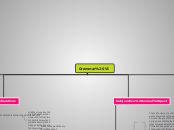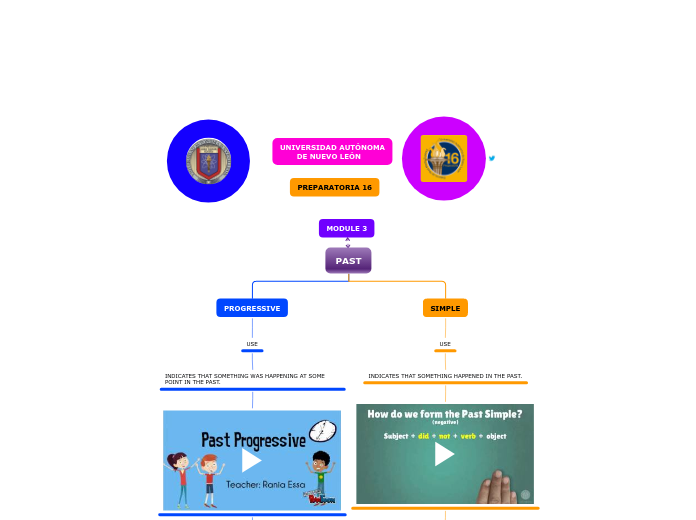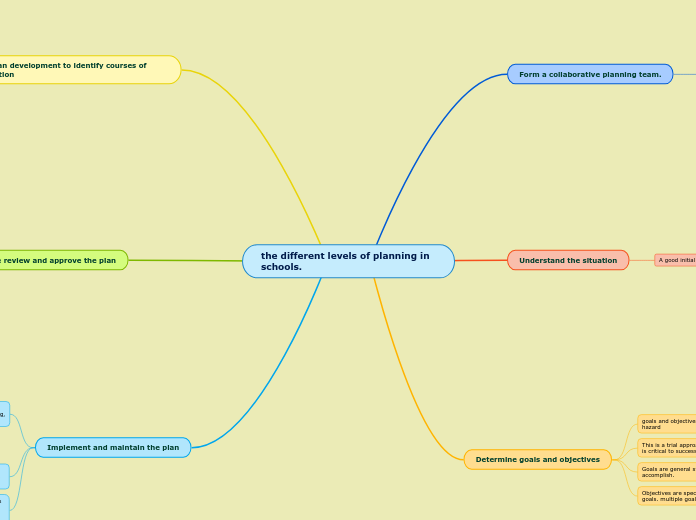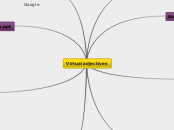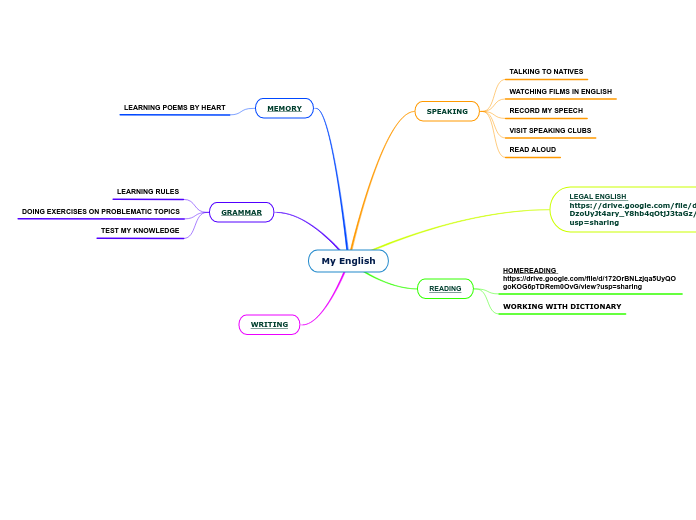Grammar VI
Grammar for emphasis
Fronting
This involves putting first a clause not normally at the beginning of the sentence. It mayaiso involve
putting the verb in an inverted position
Inversion
This involves using question word order after an adverbial with a negative or restrictive meaning
comes at the beginning of the sentence.
Lexical and grammatical changes
Subjunctive unreal past
Unreal Past
The past tense is sometimes used in English to refer to an unreal situation. So, although the verb tense is in the past, we are actually talking about something that didn't happen.
Ex: I wish I hadn't said that.
Past Subjunctive
Ex: If I were rich I would buy a Ferrari.
The past subjunctive may be used: after if or I wish, to express regret or longing
In written English and in very formal speech, the past subjunctive form were is sometimes used with the 1st and 3rd person singular, in place of the normal past form was.
Present Subjunctive
Ex: It is vital that they be stopped at once.
The form in the present tense is exactly the same as the base form in all persons of the verb. That is, there is no -s on the 3rd person singular.
Subjunctive
Collocations
Grammatical categories of collocation
More complex collocations
It is time you put the past behind you and started focusing on the future.
Verb + adverb or prepositional phrase
As soon as the singer came on stage she burst into song.
Adverb + adjetive
Joe's sister was stunningly attractive woman.
Adjectives + Noun
The simple truth is that no one was aware of the problem.
Noun + Noun
Used to describe groups or sets. Ex: She gave me a snipper of information which is top secret.
Noun + verb
N: opportunity V: verb: arise Ex: An oppportunity arose
Verb + Noun
V : draw up N: a contract Ex: our lawyer draw up a contact for us to sign
Strong, Fixed and Weak Collocations
Weak collocation are made up of words that collocate with a wide range of pther words. Ex: I am in broad agreement.
Subtema
Fixed collocations are collocations so stronf thath cannot be chamged in any way. Ex: I was walking to and fro.
A Strong collocation is one which the words are very closely associated with each other. Ex: She has aubrurn hair.
What is a Collocation?
A collocation is a combination of two or more words which frequently occur together.
Non-Finite verb
Finite Clauses
Finite clauses must contain a verb which shows tense. They can be main clauses or subordinate clauses. Ex: Is it raining?
Non- finite clauses
Non-finite clauses contain a verb which does not show tense. We usually use non-finite verbs only in subordinate clauses.
Non-finite verb phrases
Do not show tense, person or number. Typically they are infinitive forms with and without to, -ing forms and ed forms
Exercises
Finite verb phrases
Ex: She was waiting in the room before he came in.
Finite verb forms show tense. Person and number (I go, she goes, we went, etc.)
